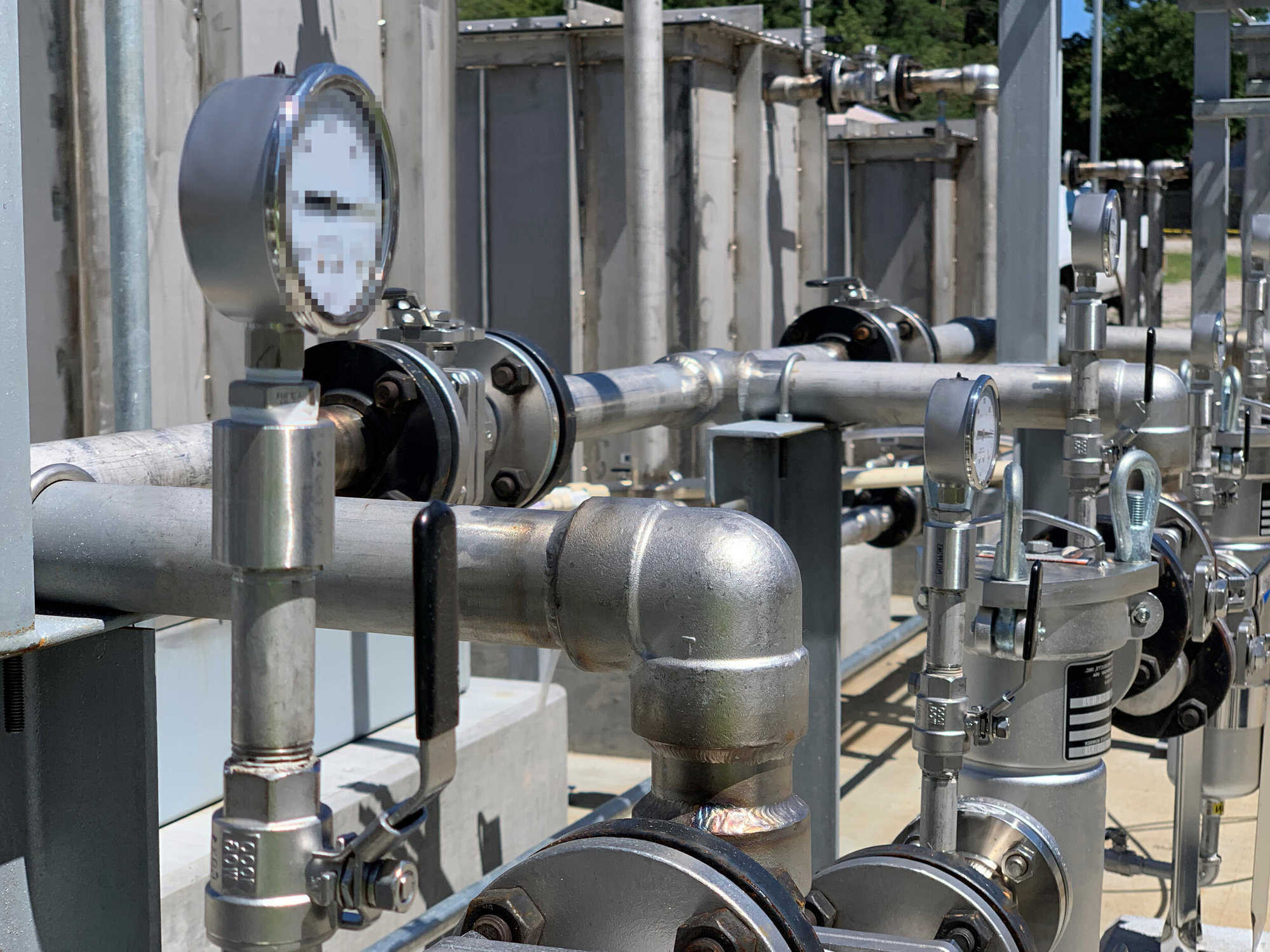
Instrumentation is everywhere, from the gadgets in your home to the complex systems in factories. But what exactly is it? Instrumentation refers to the devices and systems used to measure, control, and monitor various physical quantities like temperature, pressure, and flow. These tools are crucial for ensuring processes run smoothly and safely. Imagine trying to bake a cake without knowing the oven's temperature or drive a car without a speedometer. Instrumentation makes life easier and safer by providing accurate data and control. Ready to learn some cool facts about this fascinating field? Let's dive in!
What is Instrumentation?
Instrumentation involves the use of devices to measure, monitor, and control various physical quantities. These devices play a crucial role in industries like manufacturing, healthcare, and environmental monitoring. Let's dive into some fascinating facts about instrumentation.
-
Ancient Origins: The concept of instrumentation dates back to ancient civilizations. Egyptians used simple water clocks to measure time.
-
Thermometer Invention: Galileo Galilei invented the first thermometer in 1593. It was an air thermometer, also known as a thermoscope.
-
Pressure Measurement: Evangelista Torricelli, an Italian physicist, invented the barometer in 1643. This device measures atmospheric pressure.
-
Industrial Revolution: Instrumentation saw significant advancements during the Industrial Revolution. Steam engines required precise pressure and temperature measurements.
-
Modern Sensors: Today, sensors can measure almost anything, from temperature and pressure to light and sound.
Types of Instrumentation
Different types of instrumentation serve various purposes. Here are some key categories and their unique features.
-
Temperature Instruments: Thermocouples, RTDs, and thermistors are common devices used to measure temperature.
-
Pressure Instruments: Manometers, barometers, and pressure transducers help monitor pressure levels in different environments.
-
Flow Instruments: Flow meters, such as turbine and ultrasonic flow meters, measure the rate of fluid flow.
-
Level Instruments: Devices like float switches and ultrasonic level sensors determine the level of liquids in tanks.
-
Analytical Instruments: Spectrometers and chromatographs analyze the chemical composition of substances.
Applications in Various Industries
Instrumentation is vital across multiple sectors. Here’s how different industries benefit from these devices.
-
Healthcare: Medical instruments like blood pressure monitors and ECG machines are essential for patient care.
-
Manufacturing: Factories use instrumentation to monitor and control processes, ensuring product quality and safety.
-
Environmental Monitoring: Instruments measure air and water quality, helping to protect the environment.
-
Automotive: Cars are equipped with sensors to monitor engine performance, fuel levels, and tire pressure.
-
Aerospace: Aircraft rely on instrumentation for navigation, altitude measurement, and engine monitoring.
Innovations in Instrumentation
Technological advancements have led to innovative instrumentation solutions. These innovations enhance accuracy and efficiency.
-
Wireless Sensors: Wireless technology allows sensors to transmit data without physical connections, improving flexibility.
-
Smart Sensors: These devices can process data and communicate with other systems, enabling advanced automation.
-
Nano-Instrumentation: Nanotechnology has led to the development of extremely small sensors for precise measurements.
-
IoT Integration: The Internet of Things (IoT) connects instruments to the internet, enabling remote monitoring and control.
-
3D Printing: This technology allows for the creation of custom instruments tailored to specific needs.
Challenges in Instrumentation
Despite its benefits, instrumentation faces several challenges. Understanding these challenges helps improve the field.
-
Calibration: Instruments need regular calibration to maintain accuracy, which can be time-consuming.
-
Interference: External factors like electromagnetic interference can affect instrument performance.
-
Maintenance: Regular maintenance is required to ensure instruments function correctly, adding to operational costs.
-
Data Management: Handling large volumes of data generated by instruments can be overwhelming.
-
Security: Protecting data from cyber threats is crucial, especially with the rise of IoT-connected devices.
Future of Instrumentation
The future holds exciting possibilities for instrumentation. Emerging trends and technologies will shape the next generation of devices.
-
Artificial Intelligence: AI can analyze data from instruments, providing insights and predictive maintenance.
-
Augmented Reality: AR can assist technicians in diagnosing and repairing instruments by overlaying digital information.
-
Biometric Sensors: These sensors can monitor vital signs and other biological data, revolutionizing healthcare.
-
Sustainable Instruments: Eco-friendly materials and energy-efficient designs will make future instruments more sustainable.
-
Quantum Sensors: Quantum technology promises unprecedented accuracy in measurements, opening new frontiers in science and industry.
-
Edge Computing: Processing data closer to the source reduces latency and improves real-time decision-making.
The Final Note on Instrumentation
Instrumentation is more than just gadgets and gizmos. These tools play a crucial role in industries like healthcare, aviation, and manufacturing. From measuring heartbeats to ensuring planes fly safely, instrumentation keeps our world running smoothly. Knowing these 31 facts gives you a peek into how vital these devices are. They’re not just for scientists or engineers; they affect our daily lives in ways we often overlook. Next time you see a thermometer or a speedometer, remember the intricate science behind it. Understanding instrumentation helps us appreciate the technology that makes modern life possible. So, whether you’re a student, a professional, or just curious, these facts offer valuable insights. Keep exploring, stay curious, and never underestimate the power of a well-calibrated instrument.
Was this page helpful?
Our commitment to delivering trustworthy and engaging content is at the heart of what we do. Each fact on our site is contributed by real users like you, bringing a wealth of diverse insights and information. To ensure the highest standards of accuracy and reliability, our dedicated editors meticulously review each submission. This process guarantees that the facts we share are not only fascinating but also credible. Trust in our commitment to quality and authenticity as you explore and learn with us.
